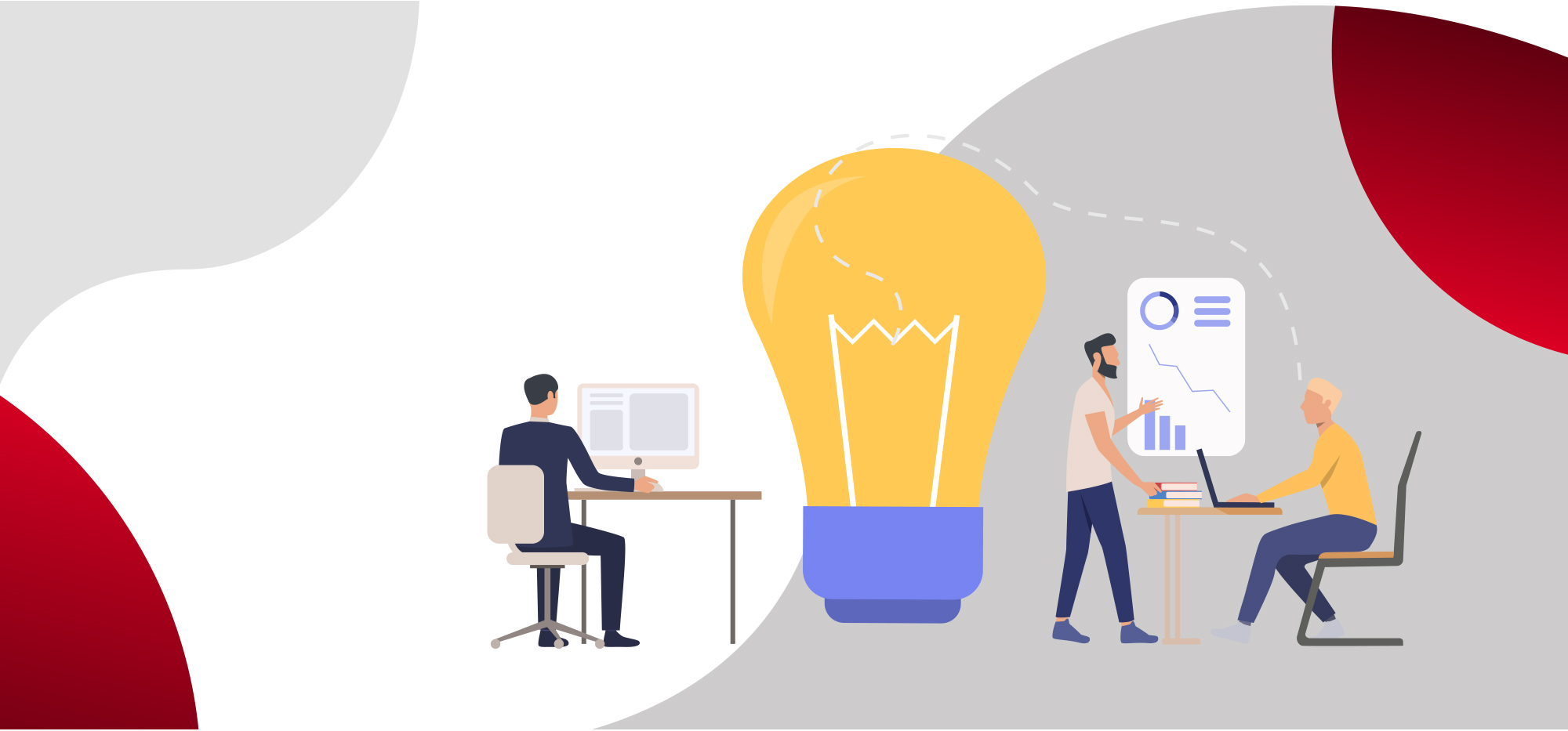As we enter the final decade to achieve the Sustainable Development Goals (SDGs), it is increasingly important for all of us to accelerate transformative change efforts, and the private sector has a critical responsibility and role to bring about such transformations.
As stated out in the Women’s Empowerment Principles, transparency and accountability are required for companies to uphold their commitments to gender equality in the workplace, marketplace, and community. Measuring and reporting mechanisms are one of the crucial steps to monitor and track company’s performance and progress.
Businesses have a critical role in enacting policies that support women’s empowerment and ensuring these efforts are measured, reported and aligned to areas that have the greatest impact.
The integration of gender statistics and sex disaggregated data in corporate reporting practices gives companies purpose and helps them in determining and disseminating their top priorities.
It is the key to enabling employees, consumers, communities and investors to have a better understanding on how the organizations contribute to gender equality and women’s empowerment in the workplace, marketplaces and communities.
The Women’s Empowerment Principles includes 7 concepts. First and foremost is to establish high-level corporate leadership for gender equality. The second is treating all women and men fairly at work – respect and support human rights and without discrimination. The third is ensuring the health, safety and well-being of all women and men workers. The fourth is promoting education, training and professional development for employee’s career advancement. The fifth is implement enterprise development, supply chain and marketing practices that empower women. The sixth is promoting equality through community initiatives and advocacy. And then the last is measure and publicly report on progress to achieve gender equality in the companies.
The women’s empowerment principles enable companies to assess their efforts to promote gender equality, prioritize areas of action, and develop gender action plans. Companies can utilize collaboration tools such as Office 365 to collect and input data, also to identify and highlight the main gaps and areas for improvement.
Based on these results, companies can develop the gender action plans that includes priority action areas, timeline, ownership, accountability mechanisms, key performance indicators, and the next steps.
As a company in Information Technology sector, Telkomtelstra supports the implementation of the Women’s Empowerment Principles and Telkomtelstra has committed to empowering women workers. One of them is by using GEARS as a gender equality diagnostic tool that helps the organizations analyze gender equality status, shows gender equality gaps in organizations, and helps develop strategies to address inequality.
In its implementation, Telkomtelstra collaborates with the Indonesia Business Coalition for Women Empowerment (IBCWE), as a coalition of companies who are committed to promote women’s economic empowerment and gender equality. Their mission is to support business to optimize its role in enhancing women’s economic empowerment and gender equality. Therefore, Telkomtelstra has targets that should be achieved and committed to improving gender equality and achieving these targets.
Telkomtelstra has 5 stages for the implementation of the seven of WEPs, that includes Measurement and Reporting, to ensure the company carries out activities to achieve its objective. The first is setting the context, which is the underlying foundation for why diversity and inclusion are an important part of the company’s strategy.
Then the second stage is collecting data and statistics. Data can be collected from various ways such as through the Human Resources (HR) Department by gathering data for recruitment, promotion, training and resignation rates which are disaggregated by gender to determine the participation of women employees, also through conducting Employee Engagement Survey aimed at extracting valuable information especially from women employees. Telkomtelstra also uses data from a number of other HR Channels such as HR clinics, Unblocking Session with Board of Directors, and also through the anonymous suggestion boxes. IT Department Feedback forms are also used as another communication channel.
The third stage is to determine the tools and methodologies that will be used to process and analyze the data. This process is crucial to ensure continuous improvements, strategies development, and action plans creation to maintain optimal gender-inclusive in the company’s workplace.
Reporting comes in next in the fourth stage, where the data is processed and transformed into valuable insight that is periodically shared to the company leaders and to the employees. Although it is still very challenging to achieve the target of at least 30% women representation in the company in all areas and all levels, nevertheless there has been a growing trend for gender diversity in Telkomtelstra since its Pledge for Parity in 2016. The Company faces major challenges in increasing women talent in the areas where women are still under-represented, especially in the technical areas and leadership positions.
The fifth and last stage that has been carried out by Telkomtelstra is the development of a route map reporting to ensure that the measurement and reporting process is executed consistently, periodically and continuously and subsequently become part of the company’s business as usual. Because transparent and published reporting will help the company to improve.
Telkomtelstra, as a joint-venture company between Telkom and Telstra, is one of 2,702 global companies that signed the WEP from UN Women. By signing the WEP, the company is committed to encouraging shareholders and their stakeholders to drive change for gender equality in terms of recruitment, penetration of new markets, community service and increased profits. (*)
*as delivered by Ernest Hutagalung, Chief Financial Officer, Telkomtelstra in the Webinar of Achieving Gender-inclusive Business through Accountability and Transparency; organized by the UN Women’s EU-funded programme WeEmpowerAsia


